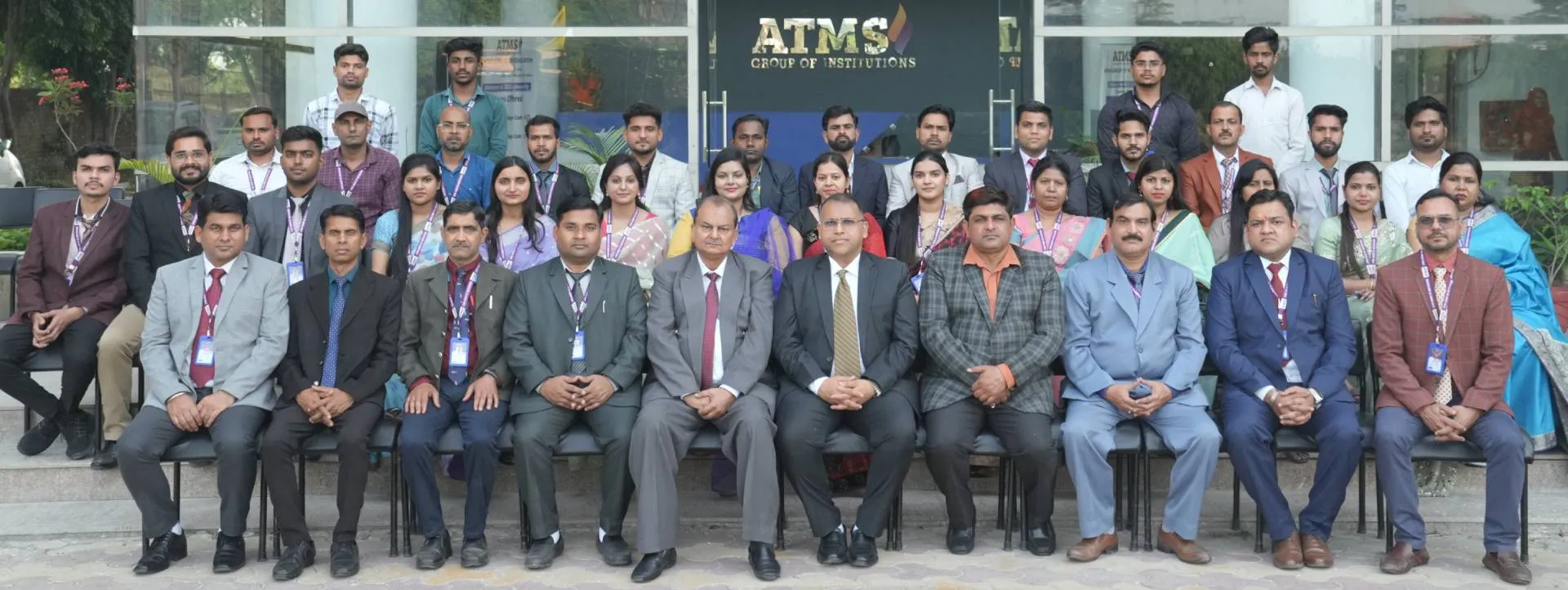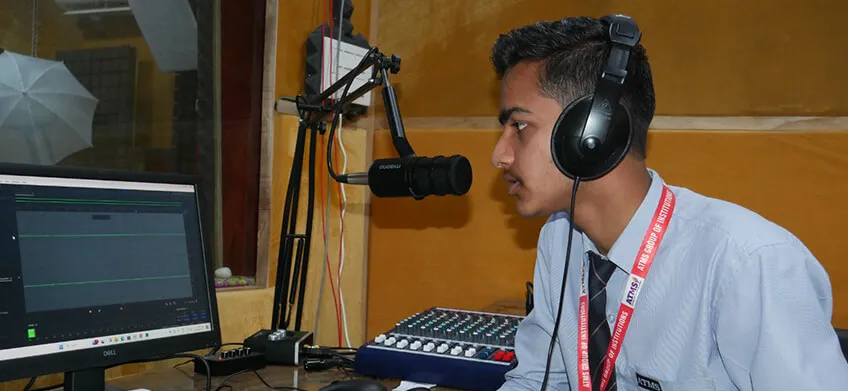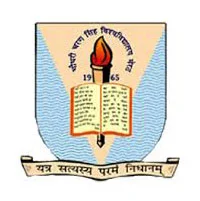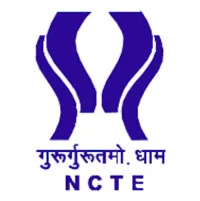



BAJMS Course Overview
The BAJMC course, which stands for Bachelor of Arts in Journalism and Mass Communication, is a three-year undergraduate degree program designed to equip students with the skills and knowledge required to pursue a career in the media and communication industry. At ATMS Group of Institutions, this program focuses on various aspects of journalism, media production, advertising, public relations, and digital communication. Here’s an overview of what you can expect from a BAJMC course at ATMS Group of Institutions:
Core Subjects and Curriculum:
The course curriculum typically includes a combination of theoretical knowledge and practical skills across a range of subjects. Some of the key areas covered include:
Practical Exposure:
A significant aspect of the BAJMC course at ATMS Group of Institutions is hands-on learning. Students often engage in:
Skills Developed:
Students pursuing BAJMC develop a range of skills, including:
Career Opportunities:
A BAJMC degree opens up a wide range of career opportunities in the media and communication fields, such as:
Eligibility Criteria
10+2 or equivalent or Candidates appearing for 10+2 examination or awaiting their results are also eligible to apply. Their candidature, however, shall be considered, subject to their clearing the qualifying examination.
ATMS Group of Institutions Code
1235
Course Duration
3 Years
Affiliation
Chaudhary Charan Singh (CCS) University Meerut
Conclusion
The future of BAJMC at ATMS Group of Institutions is bright, driven by the growing demand for digital content, social media communication, and a need for skilled professionals in a variety of communication sectors. Graduates have the opportunity to explore careers in journalism, public relations, content creation, digital marketing, and corporate communication across diverse industries. By keeping up with emerging trends, BAJMC graduates from ATMS Group of Institutions can remain competitive and adapt to the changing media landscape.